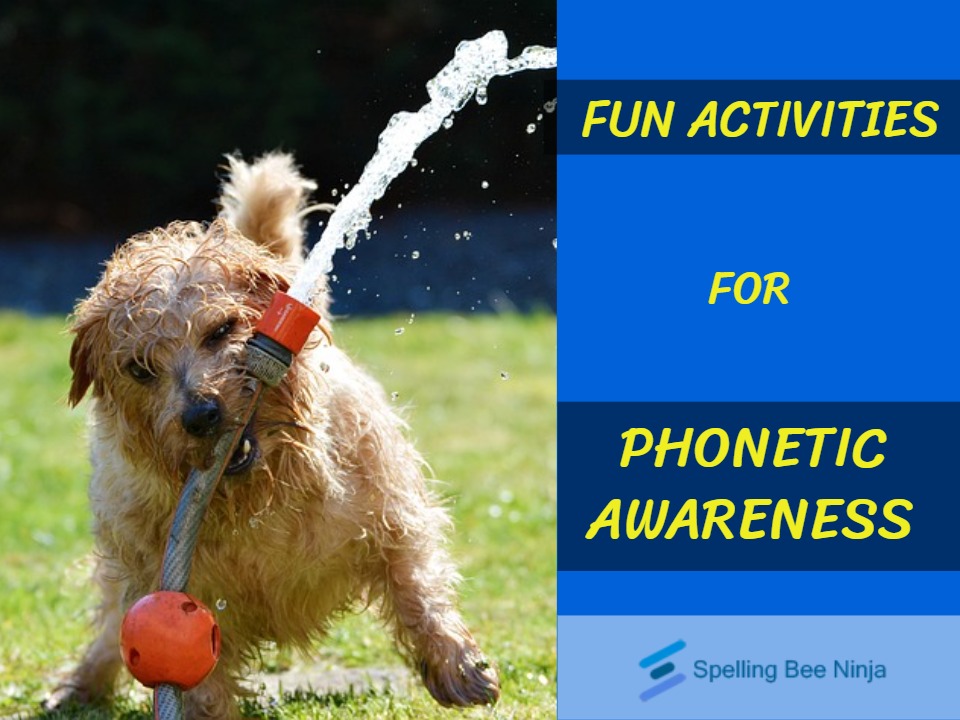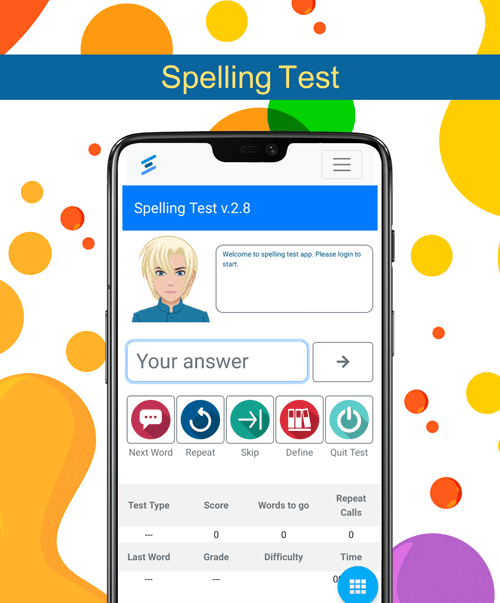When your children’s school use English but English is not their first language, school lesson might be harder for them. Therefore, learning English is essential for them. Unlike adult learners who can learn it deliberately, children need more strategy, so they won’t feel the burden of learning a new language. It usually employs implicit learning in fun activities which include the activities for phonemic awareness and word recognition. Before going into the activities in detail, understand these important aspects of learning English first.
Important aspects to teach English to your learners
At the early stage of their life, children cannot understand and remember all the complicated rules of English also called grammar. So, it is suggested that learning English at this age should focus on word enrichment. Furthermore, they are in the golden age which enables them to memorize words easily as many as they can. The vocab they memorize last longer compared to the vocab that adult learners memorize. Regarding the vocab, the aspects that need to be addressed are:
1 – Meaning
As there are many types of words, the highly recommended words to learn for children are the words that are here and now. It means that words are concrete without requiring the children to imagine the abstract meaning. Words with a simple concept of meaning like things around them: chair, book, apple, phone, and more are an example. Associate words with the actual things or pictures so children could the concept of the word easily. Long and sophisticated words should be learned at a more advanced level.
2 – Pronunciation
Pronunciation is related to the sound that the speaker produces to utter a word. This aspect is influenced by many things such as accent. Different accent results in different pronunciation for certain words like a tomato in British English and American English. Moreover, there are some sounds that your children might not be familiar with, so an activity for phonemic awareness is essential for children to differentiate each and how to produce them accurately with their organ of speech. `
3 – Spelling
This aspect is compulsory for children who are in elementary. Children in kindergarten or younger might still struggle in recognizing letters. In contrast, children in elementary usually find it easier to associate a sequence of letters (words) with the actual thing or meaning. Spelling is also associated with writing as to spell children are asked to jot down each letter of the word. For them, this might be the hardest aspect of learning English words so parents and teachers should give extra patience for this aspect.
Fun activities for phonemic awareness
After knowing the essential aspects of learning English, teachers and parents need to wrap those aspects in fun activities that trigger children’s motivation and passion for learning English. To give you an idea, here are some fun activities to teach English to young learners that also address the previous three aspects mentioned before.
Watching videos
Videos are the perfect media for children to learn English as they involve text, audio, and visual elements. Added with effects and motions, they can catch children’s attention quickly and for longer. With guidance from teachers or parents, children could memorize words and formulate utterances in English faster and implicitly. An example could be the cartoon series ‘Dora The Explorer’ which many children gain new words through watching the series. To be more effective, parents can choose videos that are intentionally designed for children to learn English.
Singing songs
With melodic and loud voices, children will get along more easily in uttering words during singing than pronouncing words in isolation. With the support of other voices, they will feel encouraged and confident in saying the words. Furthermore, the teachers’ or parents’ voice implicitly serves as the example or model that children will follow. Therefore, the teachers’ or parents’ pronunciation must be also correct as singing is an activity for phonemic awareness for children.
Active games
What is meant by active involves movement from children. There are many examples of these activities like
- Labeling things
- Simon says
- Board race
- The floor is lava
- Hot potato
On each active game, teachers could insert certain aspects of focus including spelling in labeling things or meaning in Simon says. As they move around while also thinking about the words, they don’t get bored easily and keep focus.
Competitive games
Almost similar to the previous activities, competitive games may and may not involve many movements, but they do require the children to team up. Their adrenaline will rush if something happens to their teams, and it is what makes them focus more. Again, teachers need to creatively embed the aspects into these games.
Websites/online games
Website and online games seem like more advanced learning materials for children. That is true because they can combine words, audio, visuals, motions, and even interactions directly with the children. Any activities focusing the aspects like activity for phonemic awareness could be easily delivered using websites and online games. It maintains children’s focus without making them aware that they are actually learning. Yet, it needs a high-quality website focusing on children. The ultimate example is our Spelling Bee Ninja webapp. The app provides English and other subject materials wrapped in interesting designs and programs.
Conclusion
To help children learn English and other subjects, fun activities are needed. The simple but complete way to provide fun activities is by exposing them to an educational software like Spelling Bee Ninja spelling test. The app is suitable for toddlers, preschool, pre—K, early learners, and even teenagers.
It enables parents or teachers to personalize children’s interests across subjects with engaging visuals. The activities are guaranteed to be safe and appropriate for young learners.
Furthermore, the activities not only develop their cognitive and critical thinking skills but also encourage confidence, empathy, creativity, and social skills.



